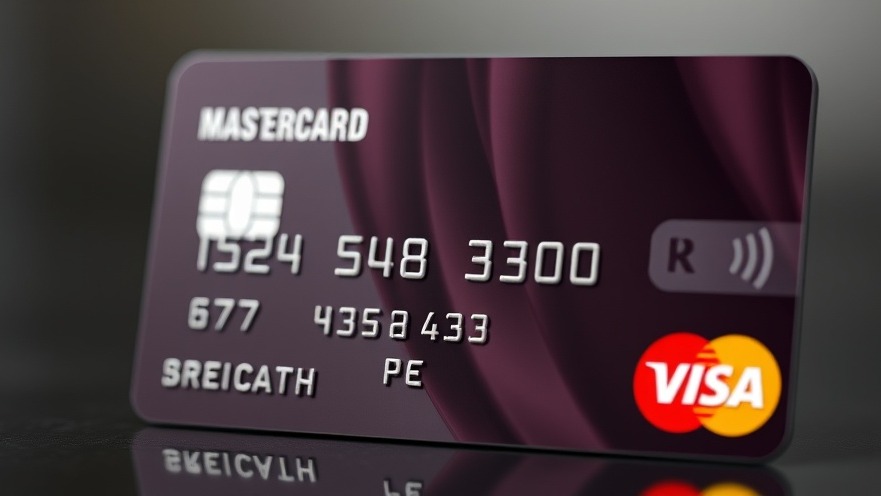
The Benefits of Paying Your Taxes with a Credit Card
When it comes to paying taxes, many individuals overlook the possibility of using a credit card. However, this payment method offers several advantages, such as earning rewards and providing a more flexible way to manage your finances. Let’s explore why using a credit card for tax payments might be a strategy worth considering.
Understanding Credit Card Processing Fees
Before choosing to pay your tax bill by credit card, it’s important to consider the processing fees. In the UK, HMRC charges a fee of around 1.5% to 2.0% for credit card payments. While this may seem like an extra cost, it’s essential to weigh it against the benefits you could receive in rewards or cash back.
Maximising Rewards: How Credit Card Users Can Benefit
If you have a cashback credit card or one that offers air miles or other rewards, paying taxes could be a great way to boost your rewards balance. Depending on the size of your tax bill, the cashback or points you accumulate could offset the processing fees. For example, if your card offers 1.5% cashback and you have a large tax payment, you could earn back a significant sum, potentially making the fee worthwhile.
Best Practices: Avoiding Common Pitfalls When Paying Taxes
Using a credit card to pay taxes can be advantageous, but it’s crucial to avoid common mistakes. Paying off your balance quickly is key. Credit cards typically carry high interest rates—often over 20%—so it’s important to pay off your bill before interest starts to accrue. Having a clear plan to settle your balance quickly will ensure you don’t end up paying more than you expected.
Credit Cards vs. Other Payment Methods: A Cost Comparison
It’s also worth comparing credit card payments to other available options. Direct bank transfers or BACS payments might be simpler for some people, with no fees involved. However, credit cards offer more flexibility and can allow you to keep your bank funds free for other expenses. If you’re using a credit card for tax payment, it’s important to consider whether the rewards you earn outweigh the fees you pay.
Tax Implications: Are Credit Card Fees Deductible?
A common question taxpayers have is whether they can deduct the credit card processing fees when filing their taxes. Unfortunately, in most cases, HMRC does not allow the deduction of credit card fees. However, if you're paying taxes as part of your business expenses, you may be able to claim these fees as a business cost. Always consult with a tax professional to ensure you’re maximising your deductions.
Take Charge of Your Financial Journey
Being financially savvy isn’t just about managing day-to-day expenses—it’s about making strategic decisions that benefit your long-term financial health. Paying taxes with a credit card isn’t traditionally seen as a “savings strategy,” but with the right approach, it can be an effective way to earn rewards and maintain flexibility. If you’re comfortable with the fees and are able to pay off your balance quickly, this could be a clever financial move.
Final Thoughts: Should You Pay Taxes with a Credit Card?
Using a credit card to pay taxes can be a smart strategy for those who understand the potential rewards, can manage their cash flow, and are disciplined about paying off balances on time. As the 2025 tax season approaches, consider evaluating your payment methods and decide whether using a credit card is the right choice for you—transforming a necessary expense into an opportunity for rewards.
 Add Row
Add Row  Add
Add 




 Add Row
Add Row  Add
Add 

Write A Comment